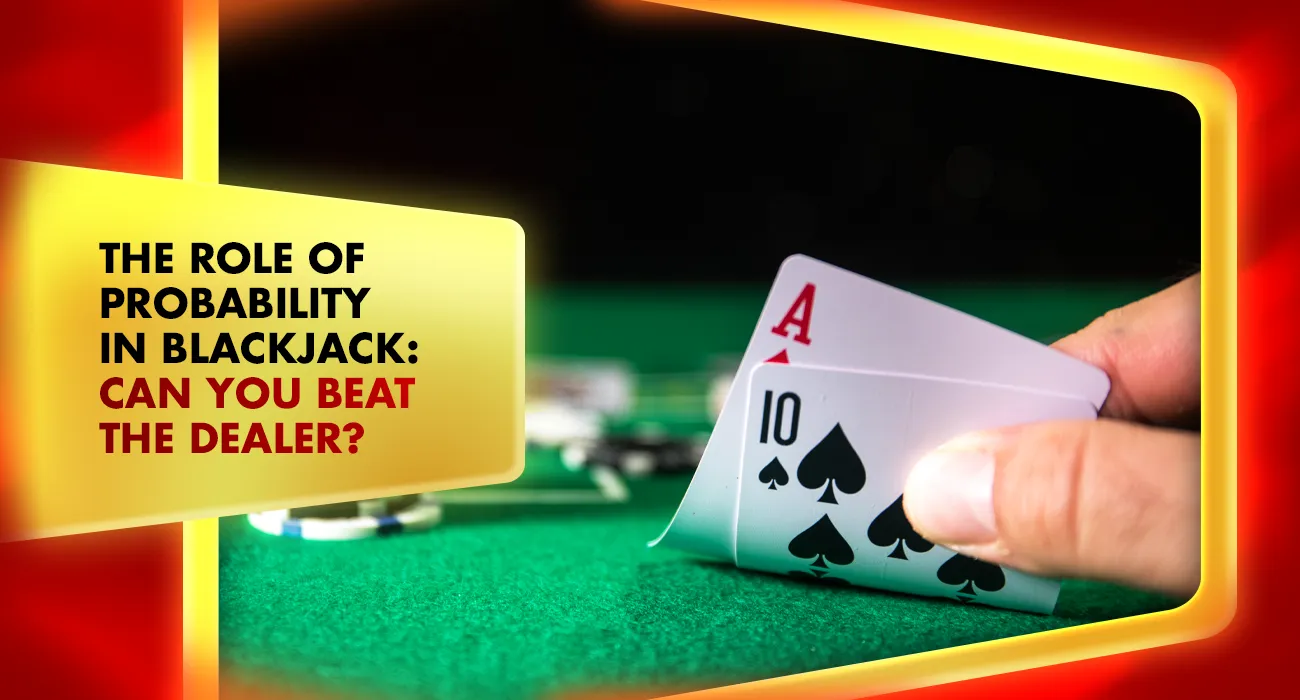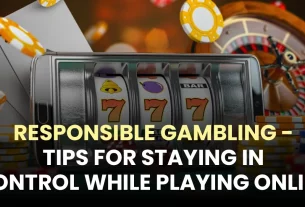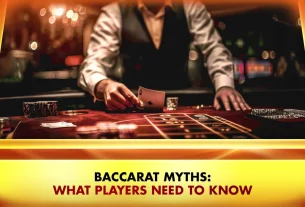Due to its excellent combination of talent, strategy, and luck, blackjack, colloquially often referred to as the “game of 21,” is arguably one of the most played games in a casino. The pure dependence of this game on probability makes it appealing to players interested in using reasoning based on math. To improve your gameplay and take advantage of a welcome bonus, this article explains how probability affects your chances of beating the dealer.
Probability Rules in Blackjack Fundamentals
The heart of probability in blackjack is predicting the likelihood of specific results based on the cards drawn. Since the game is played using a fixed number of 52 cards (or a few decks), each card drawn changes the makeup of the remaining cards. It is in stark contrast to roulette, where the probability of change alters predictively, with each spin being independent of the last one.
For example, the possibility of getting another 10-value card decreases if more 10-value cards have been issued earlier. Meanwhile, your chance of receiving one increases if not many high cards have been distributed. There is scope for making strategic choices as the probability is variable.
The House Edge and the Dealer’s Edge
Because of the rules they follow, the blackjack dealer has an inherent edge. Players can bust (go over 21) before the dealer even plays since they have to act first. Even if the dealer’s final hand is a push, the dealer wins immediately if the player busts.
In blackjack, the house edge is mostly between 0.5% and 1%, depending on the player’s strategies and rules applied to the game. It is one of the favorite games for players who understand probability and strategy because it has a significantly lower price tag than most other games in casinos.
Player Decisions and Probability
Every hit, stand, double down, and split in blackjack is a matter of probability. Probabilities are used as a rule for successful players.
For example,
- Hitting or Standing: If your hand is 16 and the dealer’s up card is a 10, you are likely to bust when you hit. Standing will also give the dealer a better chance of beating you, which is a risk-reward.
- Doubling Down: When the dealer displays a weak upcard, such as a 4, 5, or 6, and your hand totals 10 or 11, it is best to double your wager. This is because there is an excellent probability of having a high card to support your hand in this draw.
You can make decisions that would limit losses and increase wins in the long term, knowing such a probability.
Is It Possible to Outsmart the Dealer?
While the outcome of blackjack games is random, players can still improve their chances by applying strategy and knowledge of probability. You can reduce the house edge by using simple strategy charts that outline the statistically best moves for each possible hand.
Another system that counts on probability involves card counting. A skilled gambler can get a slight edge against the house by tracking high and low cards and changing their bets and decisions as appropriate. However, if a casino believes you are using card counting, they will ask you to leave since they frown.
Maintaining Equilibrium Between Skill and Luck
Even though probability plays a role in blackjack, luck is still a factor. The cards are inherently random, so you cannot predict short-term results even with the best strategy. However, understanding and applying probability can significantly improve your chances of beating the dealer over time.
Blackjack is based on probability and affects each choice and outcome. One can minimize the house edge while improving the opportunity of winning using effective techniques, but it doesn’t guarantee the defeat of the dealer. Ready to put your knowledge to the test? Join Khelraja.com and experience thrilling blackjack games- use your skills and strategy wisely!
Also read: How to Play Blackjack: Rules and Gameplay Basic in 2025






